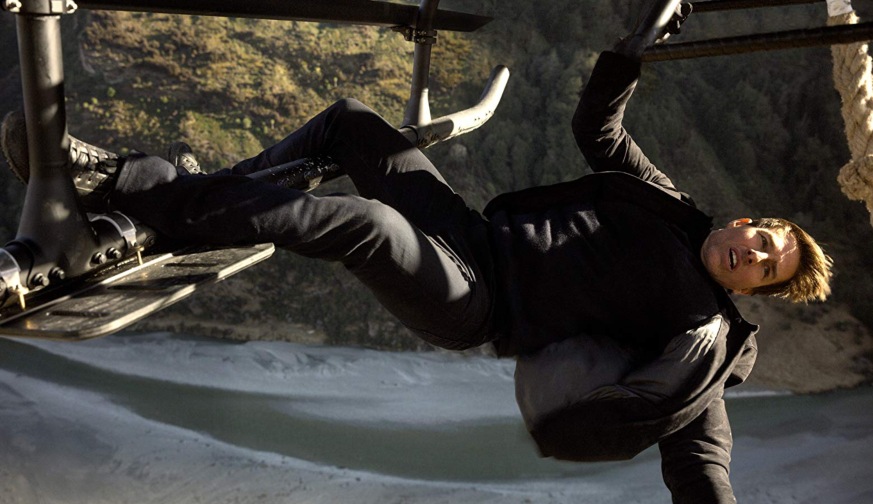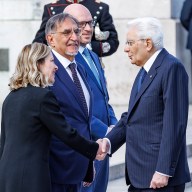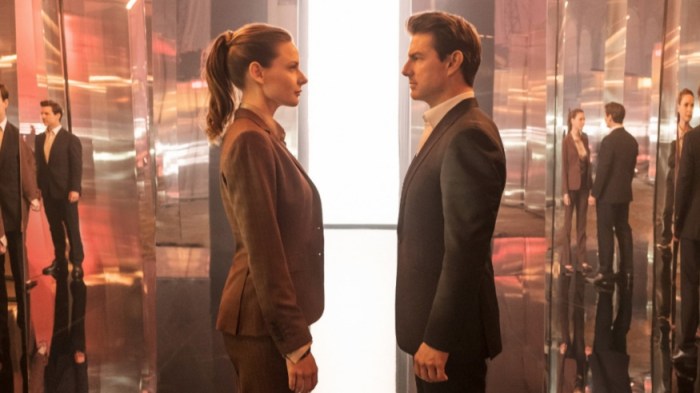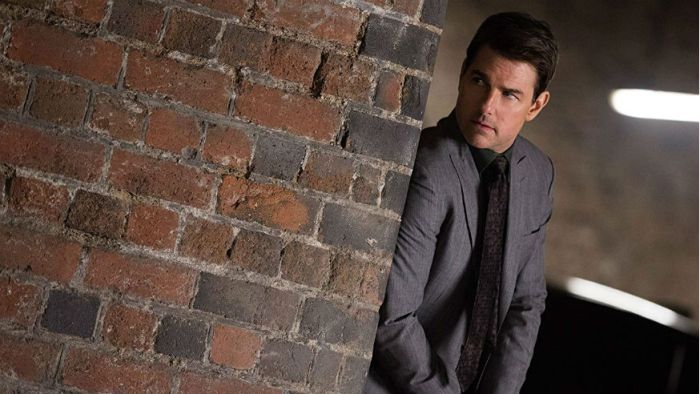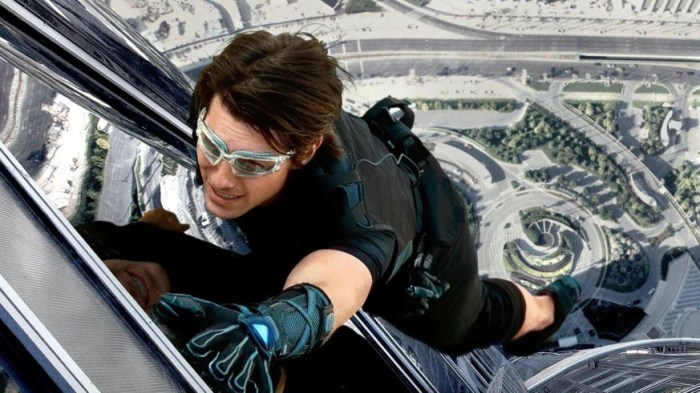While the Star Wars, DC Extended Universe, Star Trek and even the Marvel franchises have all had to contend with their fair share of criticism, there is one movie series that seems immune to attacks from both critics and fans alike.
I am, of course, referring to the “Mission: Impossible” movies, which, like the finest of red wines, only seem to get better and better with age.
That wasn’t always the case.
While Brian DePalma’s 1996 original was acclaimed, John Woo’s poorly received follow-up seemed to have brought the series to a halt. But after a six-year hiatus, J.J. Abrams rejuvenated the franchise in 2006, only for Brad Bird’s “Ghost Protocol” and Christopher McQuarrie’s “Rogue Nation” to enhance its reputation even further over the next decade.
According to critics, though, “Mission: Impossible – Fallout” trumps them all, as it currently has the unprecedented score of 97% on Rotten Tomatoes.
But how exactly did the “Mission: Impossible” franchise become the most adored in cinema? Simon Pegg, who stars in the series as Benji Dunn, has the answer. Sorry, that should be answers.
“It is one of the few blockbusters that takes place in the real world,” explained Pegg. “When we did ‘Ghost Protocol’ and Tom did the Burj Khalifa stunt, Brad Bird framed that whole sequence so well, you could feel the whole frisson of excitement in the crowd when he stepped out over that drop.”
“I think, we all started to realize the thirst for authenticity that exists in an era when you can do anything with special effects. And also have some kind of abstract knowledge of how it is done.”
“You can see the most incredible things these days, and no-one says, ‘How did they do that?’ Because we have this kind of idea that there is a group of people in front of a bank of computers and that is how it is done.”
“It just happens in the computer. And it takes away a degree of tension and authenticity. Because you are watching a simulation and no matter how beautiful and brilliant and exciting those simulations are, ultimately they are fairly uninvolving, because you know they didn’t happen.”
“So when you see something that has genuine peril, genuinely it is the actor doing it as well as the character, then you get this forgotten sense of wonder that comes back.”
“Which is, ‘Oh my God! That’s amazing.’ And I think that is what Tom has very smartly tapped into with these movies is that there is that layer of beautiful authenticity in the big cake that is ‘Mission Impossible’ that really gives the audience something to react to on an emotional level.”
Then there is Christopher McQuarrie, who has now written and directed the last two “Mission Impossible” films.
“He is a brilliant story-teller,” insisted Pegg. “You know, that is what being a director is essentially. Being able to tell a story visually and having the actors convey it with dialogue on the script.”
“Chris is just very, very smart at filling each frame with the details. There is no fat on any of Chris’ work. It is all for the purpose of telling the story. Whether that is in how he moves the camera, or has his actors perform it, or what they say.”
“He is really, really all over that whole process. But not just that, in the principal photography part of the process he is there.”
“In the post-production, in the edit, and in the scoring, working with Lorne, working with Eddie the editor, it is all about conveying the story and he does it with such precision that the two and a half hours just fly by. It never feels as long as it is. There is never any dawdling. It is just propulsion. And Chris is an expert at that.”
Pegg also believes that McQuarrie has been able to embrace what made the original 1960s television series so enjoyable, while also infusing it with a seriousness and weight that keeps viewers both invested and willing to come back for more.
“There are two sides that are highlighted in the movie. There’s Angela Bassett’s character, who accuses the IMF of being grown men playing trick or treat with rubber masks on, and then Alec’s character mentioning it is quite fun.”
“The interesting thing about ‘Mission: Impossible’ is that it is a ridiculous premise, really. The whole thing with the masks and the gadgets. But what Chris does is embrace it.”
“He never gets arch about it, or attempts to debunk it by being self-referential in a snarky way. He just owns it. It is part of the mythology and we embrace it in a way that is totally committed to the idea.”
“These ideas in the 60s were sort of faintly melodramatic and silly, and knowingly so. They still are, but we don’t ever want to reflect on that in an ironic way.”
“Mission: Impossible – Fallout” is released on July 27.

